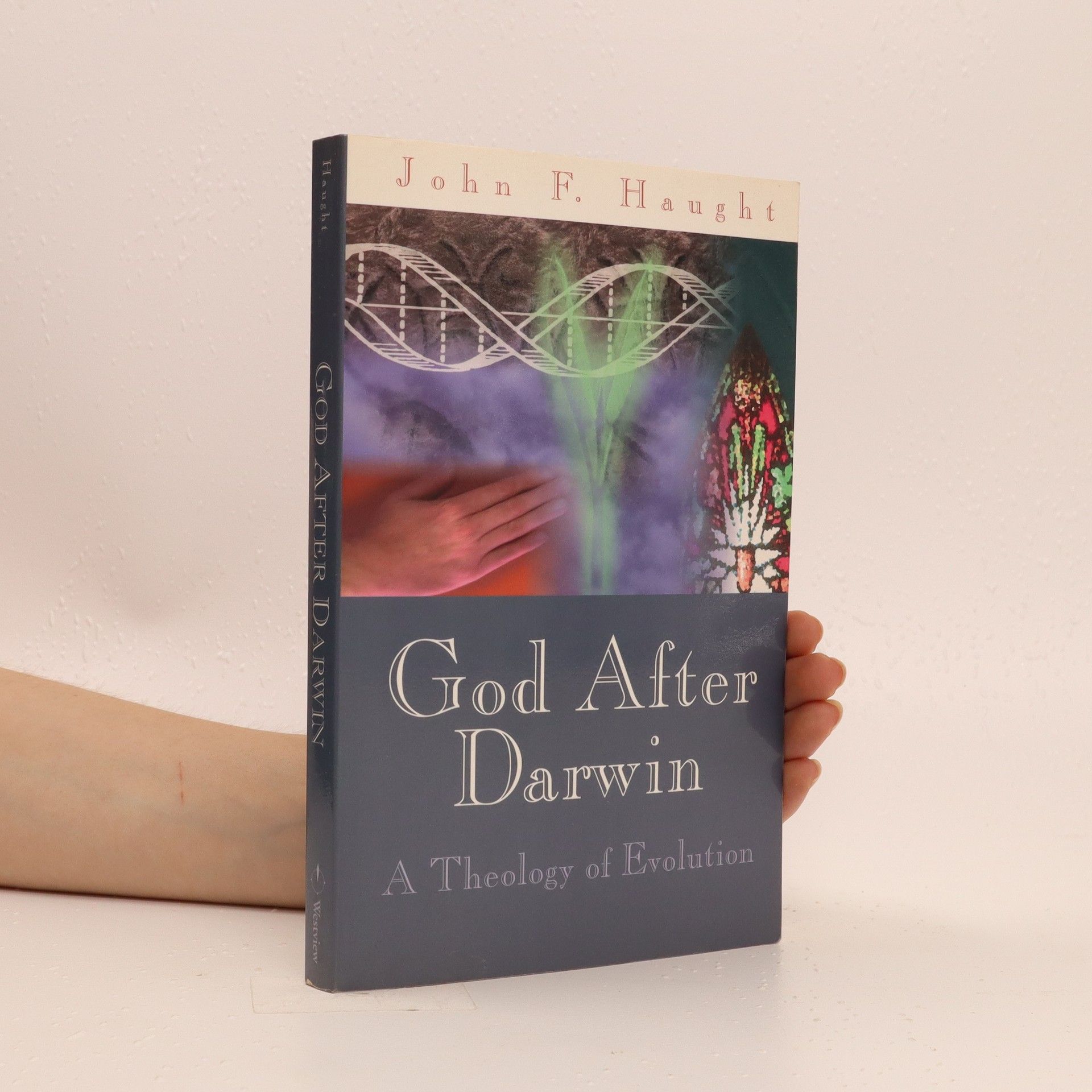The Cosmic Vision of Teilhard de Chardin
- 224 pages
- 8 hours of reading
Exploring the intersections of faith and reason, this work delves into Christian theology with a focus on systematic approaches. It addresses the relationship between religion and science, providing insights into how these fields can coexist and inform one another. The author presents a thoughtful examination of theological concepts, aiming to deepen the reader's understanding of Christian beliefs in a contemporary context. The cover design by Ponie Sheehan adds a visual appeal to this scholarly exploration.


